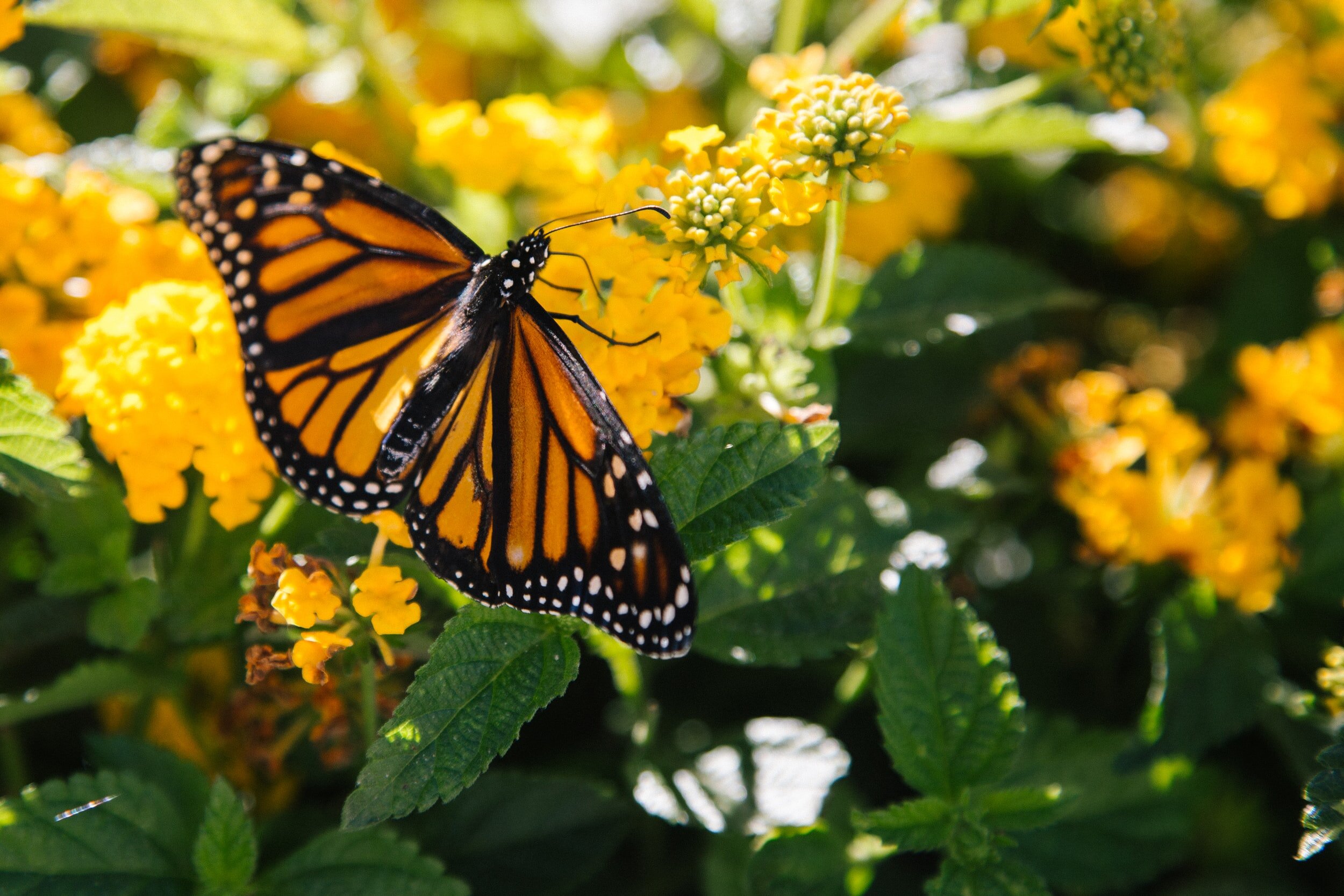A story about a king and rotten apples and a warning
I was told a fairy story at the weekend. Its opening scene has stayed with me, pungent and nagging.
It goes a bit like this;
In a land far far away, at the edge of time and space, where nature still speaks and books have distinct personalities, we fall forwards and join our characters.
The first person we stumble across is a king. He is not to be disturbed. He probably couldn’t be even if you wanted to. It’s as if he’s surrounded by a too-quiet dark-dense cloud. His head is bowed, his shoulders’ slumped and heavy.
He is in mourning.
The queen’s died and he has fallen into deep grief, a grief that has stretched on and on.
Meanwhile the land has fallen into disarray. The villagers are starving. Nothing is growing. But no one can reach the King in his black and solemn place.
When the queen was alive and the land was thriving, there had been a beautiful apple tree with apples that would bring abundance into your life simply from one sweet apply whiff.
One crunchy juicy bite would invite into your life all the pleasure, gratitude, safety, security and love you needed. This was the Queen’s favourite tree and she would share the apples generously and joyfully with anyone who needed or wanted them.
Since her death it had been different. Now eating or even touched the apples was banned.
In his mourning, the king had been desperate to hold onto anything that reminded him of his Queen, his beloved.
He wanted to smell the perfume of her favourite apples all day, every day.
He would no longer give them away. In fact, he decreed that anyone who had an apple would be committing treason, issuing a stern mandate that anyone who even took a whiff of an apple would end up 100 yards below the earth.
Meanwhile he plucked dozens of apples from the tree, sniffing and discarding their mottled carcasses, or putting mounds of them in his pockets. He didn’t eat them any more. He had no appetite anyway. They rotted in his pockets.
Piles of brown apples in his pockets, rotting.
For weeks and weeks, while his kingdom starved and the land grew more and more barren and his citizens more and more malnourished, the king sat mournfully under the apple tree, surrounded by apples, secreted in his clothes, close to him, all in varying states of decay, oozing.
This image of the king with his pockets full of rotten apples really stayed with me. It spoke to me about what happens when, in the natural process of life, we experience a loss and injury. And what happens if we stay there too long.
Before I go on, I want to add that stories, myths and fairytales aren’t an exact map or set of directions.
I add this because I’m not really speaking directly to this situation saying that people can’t grieve for however long they need to or in whatever way they can or choose to.
For a start I absolutely don’t have that authority and in my experience grief doesn’t really care for instructions anyway.
For a finish it’s not helpful. We don’t do grief well in our society. It’s a longer, less linear process than we give it credit for. So yes, this is a metaphor, not a map, and there are no shoulds (there are never any shoulds).
What this metaphor speaks to in me is what happens in many humans when life does this thing it always does and yet it often comes as an unwelcome surprise every time - change.
Change, often experienced in the form of death, can be very difficult for us. Here it’s spoken about metaphorically through the loss of a person in physical form, but it could be the loss of a romantic relationship or friendship, the loss of job, a challenging health condition, loss of identity, a group coming to an end or a project completing.
It could be shedding a habit, saying goodbye to a way of life, a stage of life. It could signify a theft, a betrayal, even the loss of confidence, energy or mojo.
Shit happens, maybe we were blindsided by something and so we pull in, close up, isolate and clutch what we can, as if our life depended on it.
When we lose something or experience loss or rejection, there is this tendency to start gripping really hard onto what remains.
As if guarding ourselves from others and hoarding our precious things is going to save us, stop it from happening again.
And maybe it kind of does for a while. If things are disappearing and you don’t know why, it’s pretty sensible to close the drawbridge while you find out what’s going on.
Similarly when you’re bleeding it’s wise to withdraw and make space to lick your wounds for a while. You don’t want to be audacious on an injury.
All this is so understandable and human. But what happens when we stay there too long?
Staying in this state past a certain point, in my experience, actually arrests life. A staleness, a lack of oxygen, a suffocation settles.
The fruit that was once so beautiful and brought such abundance starts to rot if it’s not shared.
The land around becomes desolate. There’s no movement, no giving and receiving. Things are ripening, dropping, and rotting, and not even rotting on the ground. Rotting in pockets. The natural cycle of life is interrupted.
I can think of a number of ways this has shown up in my own life. Where I faced the fact I was holding onto something that wasn’t necessary any more.
One was when I had been chronically ill for eight years (CFS) and I actually recovered - I remember thinking I might actually be healthy now.
I didn’t need to be as cautious, as tight, plan everything, warn people I might not make it, be non-committal, say no first to things I wanted to do any more, drop everything at the first smoke signal of exhaustion. I could trust my body again. It was time to adjust approaches.
Another one was a series of betrayals, a loss and a theft. They didn’t announce themselves so boldly at the time and perhaps they will shift narrative again, but in one way or another, a betrayal, a loss, a theft, took place and I didn’t recognise the extent of it until much later, at which point, an intense level of pain occurred.
Then I really hunkered down. I wanted to protect myself. To make sure it wouldn’t happen again, ever. So I stopped sharing myself in quite the same way after that.
I really do think that’s OK and I absolutely have no blame for myself.
Hearts are precious. Ideas and dreams are otherworldly treasures. Deep thoughts and creations are soul offerings. It’s wise to honour who and how you share those.
But as time wore on, I clamped down in a dragonish way. All for me and no one is coming in this cave.
To be honest, I needed that time and space to heal. But I outstayed my welcome a bit. Too much healing and it becomes the opposite.
Love and creativity are there for expression, life hinges on giving and receiving and that being in flow. Mistakes and hurt happen.
At some point, we are called to trust in the process of life itself if we want to live fully.
And that means connecting and risking sharing our resources. Connection is necessary. It is for me. And I think there’s been a whole bunch of lessons for me in that this last year- I can’t hold onto myself or my ideas or my thoughts or heart too tight, I need other people. If I defensively hold onto my apples for too long, they rot.
PS: If you liked this and my writing and would be interested in coaching with me - pop me a dm on twitter, instagram or facebook (@felicitymorse) or email at felicitymorsecoaching@gmail.com and I can talk you through how it works. It’s good fun, restorative, buoyant and it does work.
PPS: If you had thoughts on the story in different ways - I spotted a few different angles as I wrote - do share! I love all that.
PPPS: I was at an event with Dr Martin Shaw, school of myth in Dartmoor where I was told this tale - he runs good events and writes good things - look him up.










